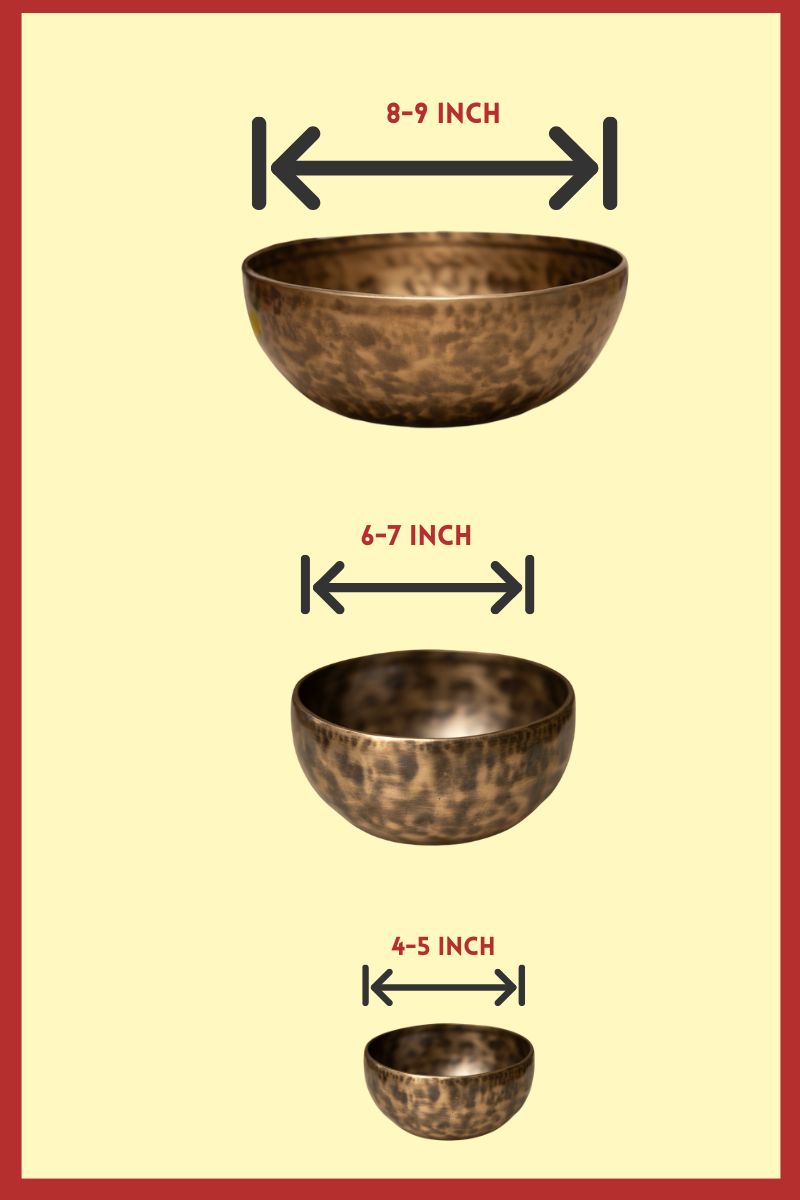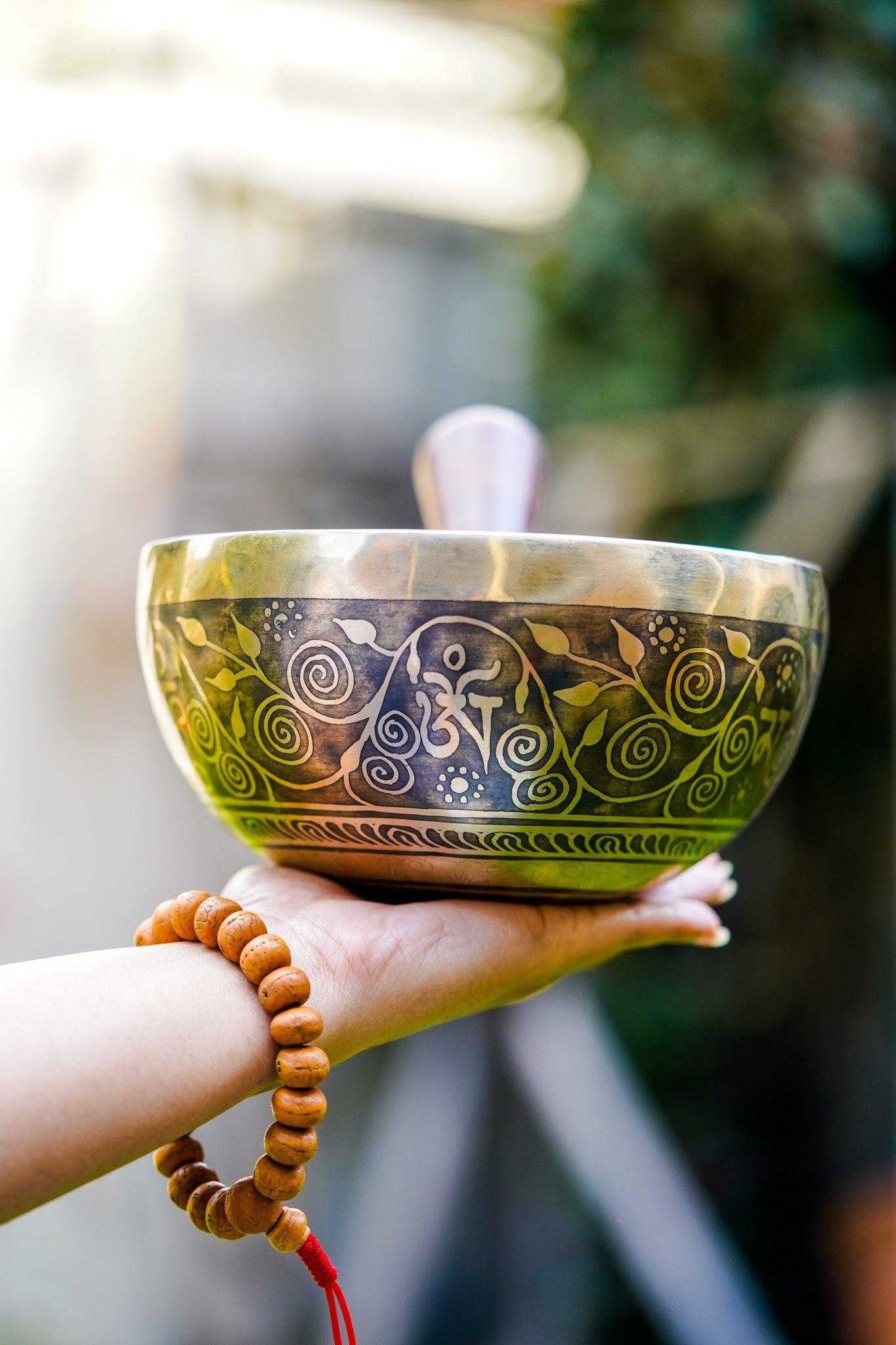In the fast-paced world we live in, finding moments of calm and clarity is more crucial than ever. Meditation, an ancient practice with roots in various cultures, has become a beacon of peace for many seeking refuge from the chaos of modern life. In this comprehensive guide, we'll explore the depths of meditation, uncovering its essence, benefits, techniques, and some fascinating facts that will leave you intrigued.
1.Understanding Meditation

-
Definition and Origin
Meditation, a practice dating back thousands of years and originating in ancient Eastern cultures, involves training the mind to attain a heightened state of awareness, focus, and tranquility. In various Eastern traditions, it is referred to by different names such as "Dhyana" in Hinduism and Buddhism, "Chan" in Chinese and "Zen" in Japanese Buddhism. The Sanskrit term "Jhana" is used in Theravada Buddhism, emphasizing deep states of meditative absorption. Derived from the Sanskrit term 'Dhi', which means to contemplate, reflect, consider, or be engrossed in thinking, comes the word Dhyana.
Beyond semantics, the essence of meditation is universal, aiming for a profound connection with one's inner self and the surrounding world. The word "meditation" itself, derived from the Latin "meditation," meaning to contemplate, encapsulates the reflective nature inherent in this ancient and globally embraced practice.
-
The Essence of Meditation
At its core, meditation is about cultivating mindfulness – the ability to be fully present in the moment without judgment. It's a journey inward, an exploration into the depths of one's consciousness. Contrary to popular belief, it's not about emptying the mind; instead, it involves observing thoughts without attachment, allowing them to arise and dissipate. This practice fosters clarity and tranquility, extending beyond formal sessions to integrate mindfulness into daily life. Embracing the essence of meditation leads to a transformative journey of self-discovery and a harmonious connection with the world.
2.Types of Meditation

-
Mindfulness Meditation
Rooted in Buddhist traditions, mindfulness meditation focuses on being fully present in the moment. Practitioners observe their thoughts, feelings, and sensations without judgment, fostering a deep connection with the present.
-
Transcendental Meditation
Developed by Maharishi Mahesh Yogi, this technique involves silently repeating a mantra to achieve a state of relaxed awareness. Transcendental Meditation has gained popularity for its simplicity and effectiveness.
-
Loving-Kindness Meditation
Also known as "Metta" meditation, this practice involves cultivating feelings of love and compassion towards oneself and others. It aims to promote a sense of interconnectedness and well-being.
-
Guided Meditation
In this form, a teacher or a recording guides the practitioner through a series of visualizations and prompts, helping them achieve a specific mental state. It's an excellent choice for beginners.
-
Sound Meditation
Sound Meditation, a facet of mindfulness practices, introduces individuals to a serene realm of tranquility through immersive experiences with soothing sounds like singing bowls, gongs, tingsha and so on. Within the realm of 'Types of Meditation,' this auditory journey serves as a powerful gateway to relaxation, guiding practitioners towards inner calmness and heightened mindfulness.
3.The Science Behind Meditation

-
Brain Changes
Numerous studies have shown that regular meditation induces structural changes in the brain, particularly in areas associated with attention, memory, and emotional regulation. The brain's neuroplasticity allows it to adapt and reorganize based on experiences, making meditation a powerful tool for mental well-being.
-
Stress Reduction
One of the most well-documented benefits of meditation is its ability to reduce stress. By activating the body's relaxation response, meditation helps lower cortisol levels, promoting a sense of calm and balance.
-
Improved Focus and Concentration
Meditation enhances cognitive function, including attention and concentration. Regular practitioners often report increased clarity of thought and better decision-making abilities.
4.Fascinating Facts about Meditation

-
Ancient Roots
Meditation has been practiced for over 5,000 years, with roots in Hindu, Buddhist, and Taoist traditions. It has transcended cultural boundaries to become a global phenomenon.
-
The Dalai Lama's Daily Routine
The Dalai Lama, a prominent advocate for meditation, starts his day with four hours of meditation. This ritual reflects the profound impact meditation can have on one's daily life.
-
Silicon Valley's Mindful Trend
In the heart of the tech world, companies like Google and Apple offer meditation and mindfulness programs for employees. This trend reflects a growing recognition of meditation's positive impact on creativity and productivity.
5.How to Start Meditating?

-
Find a Quiet Space
Choose a quiet and comfortable space where you won't be disturbed. This could be a corner of your home, a park, or even a dedicated meditation room.
-
Comfortable Posture
Sit or lie down in a comfortable position. Whether on a chair, cushion, or the floor, the key is to maintain an upright spine to promote alertness.
-
Focus on Breath
Start by focusing on your breath. Notice the sensation of each inhale and exhale. If your mind wanders, gently bring it back to your breath.
-
Set Realistic Goals
Begin with short sessions, gradually increasing the duration as you become more comfortable. Consistency is key – even a few minutes daily can yield significant benefits.
6.Conclusion
In a world that often feels chaotic and overwhelming, meditation emerges as a beacon of serenity. Its ancient roots, backed by modern scientific research, showcase its timeless relevance. Whether you're a beginner embarking on this journey or a seasoned practitioner seeking deeper insights, meditation opens doors to self-discovery and tranquility.
Embark on this transformative journey, and as you delve into the depths of your own consciousness, you may just uncover a reservoir of peace and clarity you never knew existed.
Unlock the serenity within – start meditating today.







